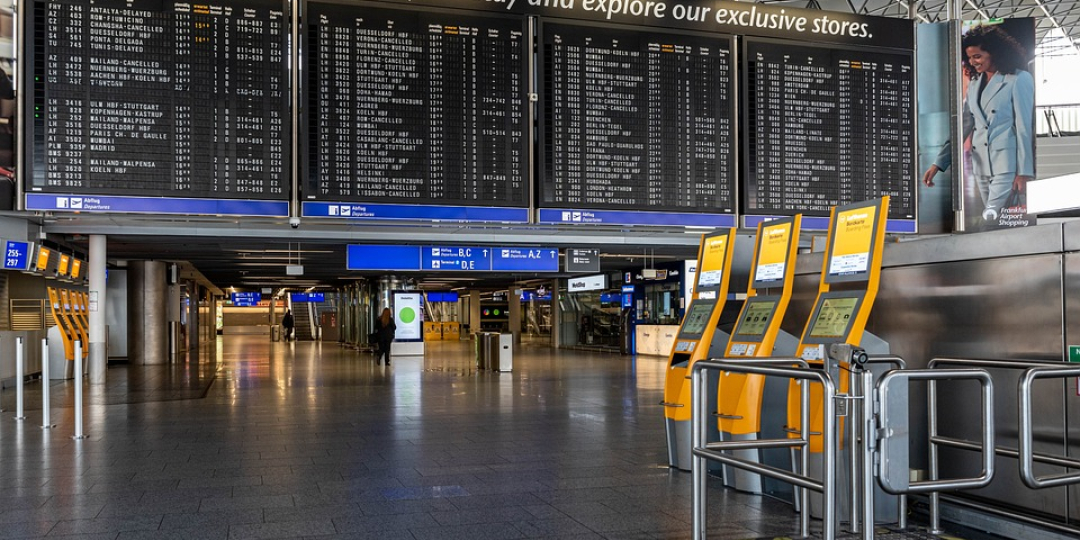Germany has increased flight taxes by 19%, causing a rise in airfares and prompting criticism from Iata, which has labelled the decision a “short-term cash-grab”.
Effective from May 1, Germany has increased the Luftverkehrsabgabe tax on flying which will now range between €15,53 (R309) and €70,83 (R1 408) per passenger, depending on the route.
The increase is hoped to bring in an additional €445 million (R8,8 billion) to cover the government’s €17 billion (R338 billion) shortfall in the 2024 budget.
Iata criticised the decision, saying the tax would make Germany less competitive in key economic areas including tourism. It will further affect Germany’s air transport recovery from the pandemic, which is one of the slowest in the EU, lagging behind pre-pandemic levels of international traffic by 20%.
“When Germany’s economic performance is anaemic at best, denting its competitiveness with more taxes on aviation is policy madness. The government should be prioritising measures to improve Germany’s competitive position and encouraging trade and travel. Instead, they have gone for a short-term cash-grab which can only damage the economy’s long-term growth,” said Willie Walsh, Iata Director General.
Iata further warned that the increase would hamper the industry’s decarbonisation efforts. The German government previously committed to allocating revenue from aviation to the production of Sustainable Aviation Fuel (SAF). This commitment has been broken, according to Iata.














